Loss of a Brother: Mourning the Healthy Me
In having bipolar disorder, there is an important person that I have lost. Occasionally, I meet him in my imagination, especially in my disappointments. This person is the “me” that I might have been if I had never had bipolar disorder, and he has been with me in my imagination for a long time.
I first encountered this concept when researching social rhythm therapy. I won’t discuss the details of that therapy in this post (there’s more information here), but one of its important concepts is that we go through stages of coping with bipolar disorder. One of these stages is “mourning,” the stage in which we come to terms with the negative ways in which bipolar disorder has impacted our lives.
One major thing that many bipolar people mourn is the loss of the person they think they would have been without bipolar disorder. This stage, social rhythm therapists claim, is very similar to the experience of mourning. Bipolar people often imagine what who they would have been, and try to come to terms with that person’s loss.This idea hit me very hard. At first I thought that I had no opinions on who I would have been. I tend to be skeptical that there is some sort of “real me” under this disorder. However, I ultimately realized something important. Even though I didn’t think of him as the “real me,” I still thought of the person I might have been as being the “other me.” Moreover, my relationship to him was one similar to grief. He is someone I encounter in my imagination (though not my memory), and whom I will never get to see.
I tend to think of this other “me” as my big brother. He’s someone who resembles me, has many but not all of my experiences, and is older in the sense that his life hasn’t had the kind of setbacks that mine has. I remember discussing my bipolar disorder with a colleague of mine, and calculated that my bipolar disorder, back when I wasn’t properly treated, had set me back about five years.
I realized something else important about this other “me.” He isn’t really my theory of what I would have been like if I didn’t have bipolar disorder. Instead, he is a cobbling together all the things that I’ve missed out on because of my bipolar disorder. It doesn’t account for any of the accidental things along the way. It doesn’t give him any room to develop his own life or have his own discoveries. He’s just me, stripped of one aspect of my life.
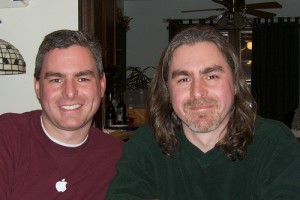
Source: pmarkham - CC BY-SA 2.0 (Not a photo of me)
What’s also interesting about him is that I imagine him seeing me back. From slightly behind my right shoulder, he looks at me, worries about me and wants to help me, all while not quite understanding me. He normally wouldn’t have time for someone like me, but I’m his little brother and he cares about me. However, he doesn’t have the kind of empathy that I have. He’s me stripped of much of my personal suffering, so he’s never really learned to empathize. So, he’s like the successful older brother with whom it’s difficult to relate.
However, what I’ve realized is that I need to learn to live my life without him. I need to come to acceptance of his loss. In this case, missing him isn’t about him. It’s about myself, and about accepting my own life, with its own (extreme) ups and downs. And I still hover between stages four and five, between depression and acceptance, at his loss. Even though he is an imaginary object, he represents something that is very important. He is the unimpeded me.
So, I guess I’m treating this post as a eulogy for this other self. Bipolar disorder took him away from me, but it also gave me myself. I am the real me. But he has been with me for a long time, and has walked with me on every step of my life. Now, though, I need to remember him, but walk alone. Good night, big brother. Requiescat in pace.
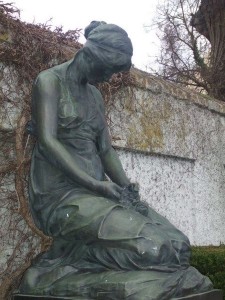
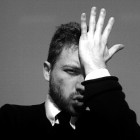
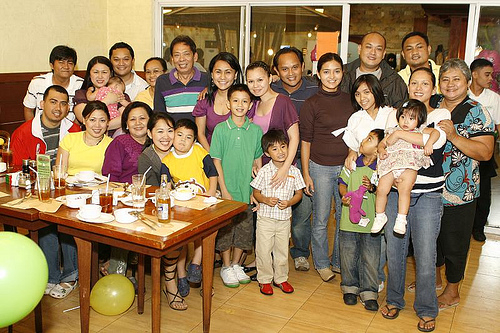

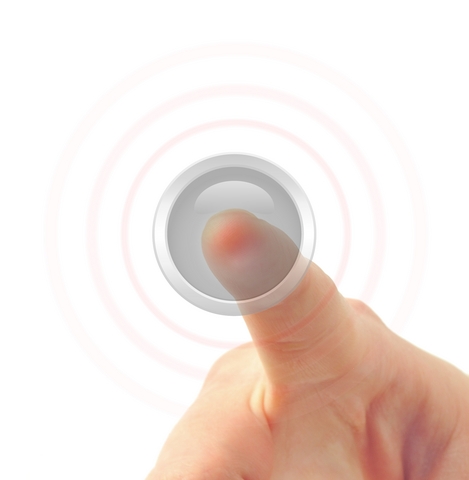

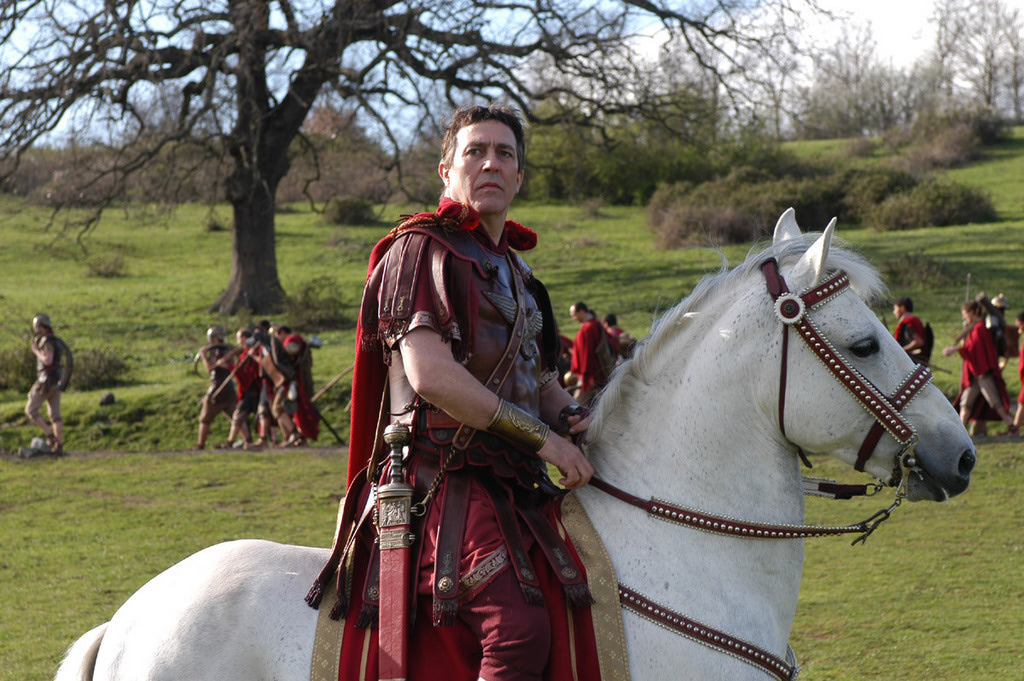
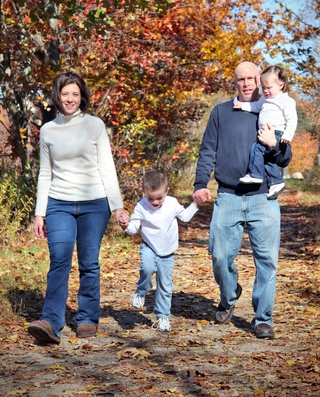
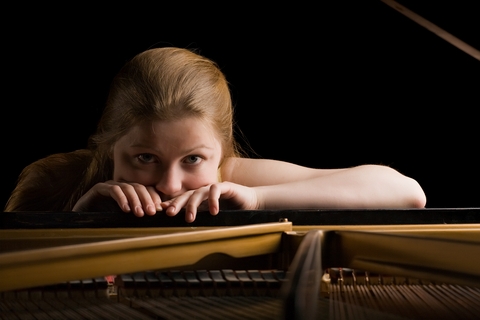

Amazing! You have read my thoughts and feelings and (finally) enabled me to understand this “concept”. I “get” that this illness is not Who I am; although, it has shattered so many dreams I have had since a child. At times embracing this beast to maintain control is effective and provides temporary relief. My 30+ year struggle between depression/mania and self-acceptance, considering excellent medical help, med.’s and support, has become significantly easier to live with.
You have helped me “see” that when I find myself mourning, focusing on my qualities of empathy, creativity, and especially a sense of humor will
make a major difference. Thank you for your genuine sharing and beautifully written piece.
Heather Stone
You’re welcome. Thank you very much for your comment, Heather.
Wow, I have often felt sorrow about the person I would have been. I see others who do not have this illness who have done so much better in their life (cousins etc I have a lot) and am embarrassed about the little that I have achieved, and the standard of living which is greatly below theirs. I morn the person I might have been. This is my first experience of someone other than myself who has the same issues sort of. And I know I am very knowledgeable in some things, but I am passed off as the “crazy old lady”, by most, although I do have a few fans, and a few people in my life who hold me with good respect. I do often find myself mourning the person I didn’t get to be, as you can probably tell I spend most of my time on the depressed end of the spectrum. This has been more of an issue lately, as I age, gracefully. In my younger days, I was so proud of what I did accomplish through the hardships of my life, with the illness I struggled with, I didn’t realize, the might have been’s back then, but they are becoming more clear now. just sayin, this article has given me food for thought, thank you.
You’re welcome, Elizabeth. I’ve noticed that I have a tendency to compare myself to the “other self” mentioned above, but also to other people. There’s no shame, though, in having a disability. It’s a matter of internalizing that.
Thank-you for this post. I have been bipolar for 25 years. I am almost 56 years old and my symptoms showed up after the death of my older brother Paul. Your post allowed me to see so much of myself in relationship to a real loss of a brother. It was a Beautiful reawakening to how powerful Love can be.
You’re welcome, Robin. I’m sorry to hear about your loss.
I too mourn the loss of “the other me”.
I was diagnosed in 2009, at 24 years old, and I calculate I had lost at least 10 years of my formative years, doing things a normal teenager should be doing – having fun, having friends, doing well at school, thinking about what I want to do for a career. Instead, I was bullied, desperately trying to feel “loved” by trying to get and keep a boyfriend whatever the cost, constantly fighting with my parents who just as desperately was trying to help me (I felt they just didn’t want me to be “happy”) and left school. During the following seven years, I had endured rape, being used and treated like crap, and got married to an older, abusive OCD/depressive, and had a child to someone else after I finally had the strength to leave my marriage. I finally was diagnosed in 2009, a year and a half after having my child and have struggled since to come to terms with my “other self” and the foundations in my life that I should have built. As a result, I’m still single, have no career prospects and in general have nothing to show for my 27 years of being here. I compare myself constantly to others that seem to have it all – a house, a good job, and most desired of all, someone who loves them.
It’s relieving to hear I’m not the only one who does this, I have to say, as I get SO angry when I think about what was ‘stolen’ from me, by not having an earlier diagnosis, or better yet, not having bipolar at all.
Elizabeth, I know exactly how you feel, I dread job interviews that ask me, “so what have you been doing since you last worked?” or family functions where, I too, feel exactly what you just said! It’s so relieving to know it’s not just me!
Hi Bea,
I’m very sorry to hear just how hard it has been for you. It’s so hard to wrestle with the “other me”, and to deal with comparisons to others. I lost several years to this illness, and they were awful. I have found that it can get better, but that it can take a lot of time. Everything about our lives becomes so heroic.
Best,
Daniel
Hi Daniel,
it truly is, but I have to say, I am SO relieved to have found this site. It’s informative, yet easy to read and understand. Are there any books for relatives to understand bipolar, that you can recommend? My family swings between supportiveness and being dismissive, if that makes any sense, and I’d love to be able to show them something that isn’t a medical journal lol to help them understand. They aren’t really computer literate and as I don’t live near them, I can’t refer them to this site, unfortunately!
Thanking you immensely,
Bea 🙂
Although it has a horribly patronizing name, “Bipolar Disorder for Dummies” is really very good. It does a good job of explaining the symptoms, and also discussing various types of support available. My usual recommendation for a memoir is Kay Redfield Jamison’s book “The Unquiet Mind.” It by a psychiatrist with bipolar disorder, and it is extremely insightful.
Thank you very much, Daniel, I will keep an eye out for both titles 🙂
You’re welcome, Bea.
I was unusually born ‘switched on’ with Bipolar. I’ve never know another life, another me. Even a glimpse of one. I think this is one aspect where I’m lucky. Yes I had to deal with bipolar as a toddler and a child with no-one to explain (I was only diagnosed at 38 but was told I’ve always been like this. They were just waiting for me to be ready to hear it after decades of trying to get me to talk about it) and it was very hard; but when people ask me do I wish I didn’t have it, that I was ‘normal’, I always say but I’ve never known another life, another me. I don’t miss what I’ve never known. The more I read, the more I hear other peoples journeys on this site, the more I realise that being born ‘switched on’ isn’t the worst thing in the world. No period of adjustment etc. It’s just my life. 🙂
That’s a good point, Heather. I think the later we have our onset, the more a process of mourning is connected to what is actually lost rather than what is potentially lost. My onset was at 17, and there is definitely a lot of focus in my mind on what occurred at 16, etc. For those with very late onsets, I imagine the experience is worse.
Maybe it’s my current emotional state but reading this made me cry, I guess because I also relate, like so many of us. I usually write about the loss of who I was before my diagnosis the who I was and who I could’ve been. Most days I’m accepting of who I am now but some days I’m really confused as to what facets of my personality are really ME. Under the layers of medication, I don’t want to lose myself but sometimes I’m not sure who that really is. I struggle with this. Thanks for sharing.
-deb
You’re welcome, Deborah. I’m at the point where I’ve simply given up on the idea of a “real me.” I’ve found it very freeing.
Hi Daniel, Like yourself I was also diagnosed ‘manic depressive’ at age 17 so it’s hard to differentiate a life before or after bipolar. I’ve recently changed tack in how I deal with it tho.. have always battled or fought the symptoms, mostly manic highs and it’s exhausting so have decided to befriend it more and try to gain a better understanding. I’m enjoying your blog as sometimes it’s like a mirror and other times just insightful. Sometimes I feel so alone in the world so it’s good to know others are going thru the same day to day difficulties as me.I have a book ‘Mastering Bipolar Disorder’ (edited by Kerrie Eyers and Gordon Parker) which was put out by the Black Dog Institute of Australia and gives accounts by sufferers of Bipolar, their families and tips by clinicians. It’s by far the best user friendly easy to read book I’ve come across so far and in some ways ‘normalises’ what I’m going through. I’m trying to claw my way out of a depression at the moment which started after a chest infection. One thing that happens when I’m on a manic high is I buy clothes that are nothing like my regular tastes.. not even my size or colour and throw out items of clothing that I adore, it really is like someone else takes over my body and I find it so confusing when I’m trying to recover. I often refer to my life as one step forward two steps back but knowlege is power and the more I learn the easier it is to cope, thanks Daniel
Thank you for your kind words, Kathryn. I will check out that book. I’m always looking for new sources of information.